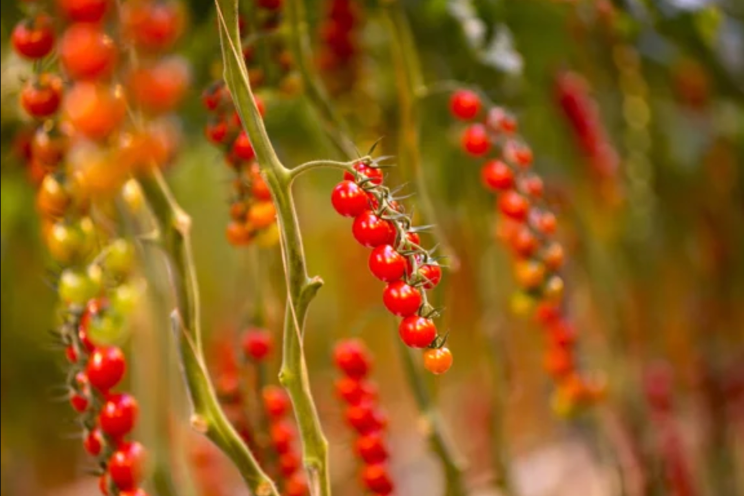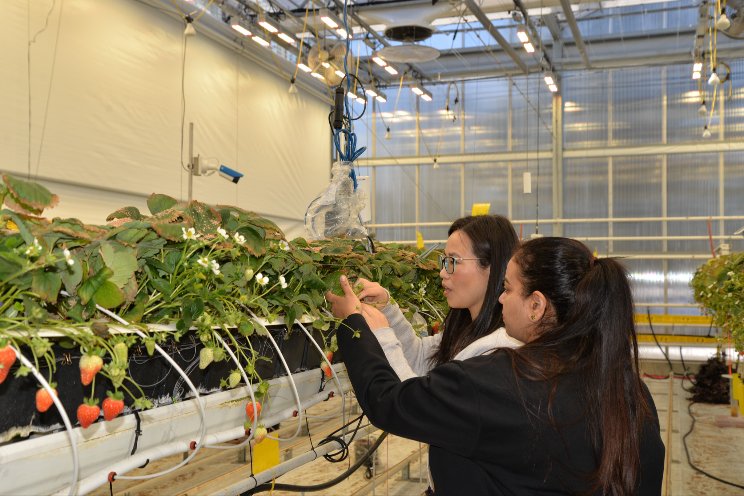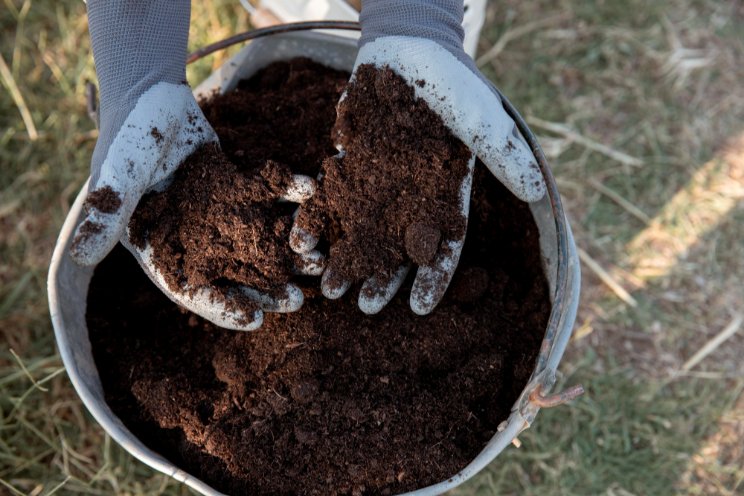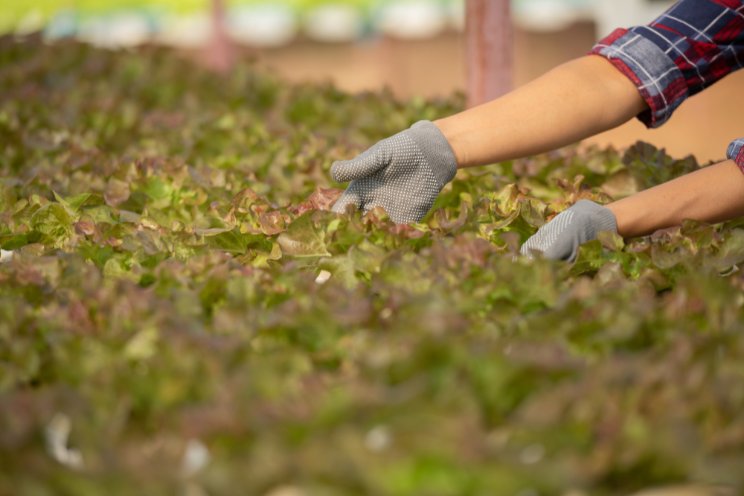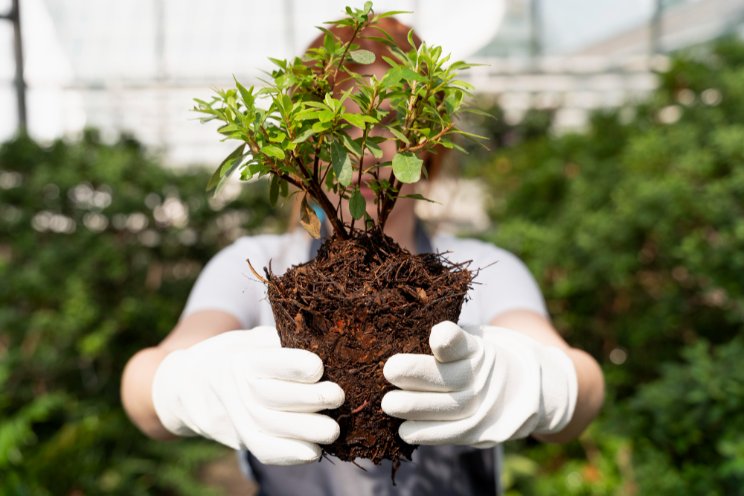Viability of leafy greens in vertical farming production
Added on 26 February 2020

The initiative — called Optimizing Indoor Agriculture, or OptimIA — has caught the eye of more than 25 industry leaders, whose matching financial support brings the project total to $5.4 million.
"We're privileged to work with a team of powerhouse scientists, engineers, economists, and industry partners to collectively address the significant challenges faced by the indoor vertical farming industry," says Murat Kacira, a Professor of Biosystems Engineering and Director of the University of Arizona Controlled Environment Agriculture Center. "Controlled environmental agriculture is one piece of the puzzle, combining plant science, engineering, and computer-controlled production systems to enhance the yield and quality of our crops and optimize resource use."
To better serve this burgeoning industry, researchers hope to integrate the indoor vertical growers within the specialty crop segment of agriculture, with the ultimate goal of increasing sustainability and profitability.
To do that, the multi-university team plans to assess variable environmental conditions, such as humidity, air movement, temperature, light, and carbon dioxide concentration, and then provide a more complete picture of best practices for indoor farming stakeholders.
Kacira and his team will be using computer simulations, modeling, and experimental studies to design and test more effective localized air-distribution methods, environmental monitoring, and control strategies for indoor vertical farms.
Michigan State University will lead final economic modeling, with Erik Runkle collaborating with co-principal investigators Roberto Lopez and Simone Valle de Souza. Chieri Kubota will take the reins testing environmental condition variables at The Ohio State University, and Cary Mitchell will lead closed canopy and phasic lighting tests at Purdue University.
Learn more about the research here.
Source: Greenhouse Grower
Photo: Murat Kacira, University of Arizona.
Photo Credit: Rosemarie Brandt/College of Agriculture and Life Sciences
Source: Greenhouse Grower
More news
